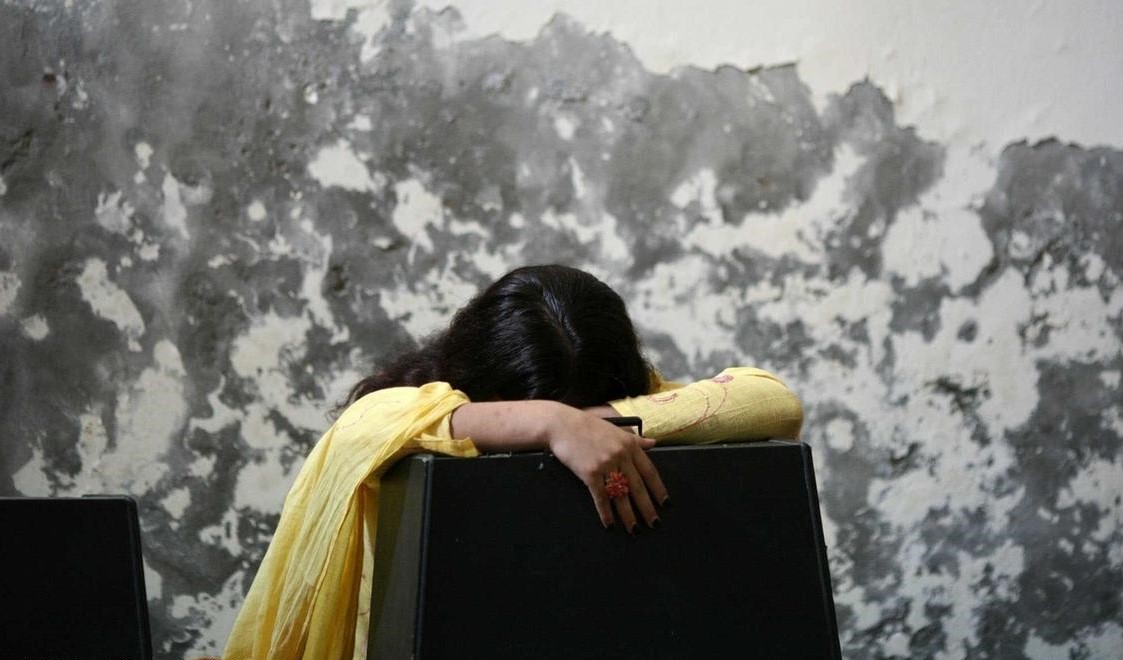The Double Burden: Climate Change Intensifies Gender-Based Violence
By Tahir Hasnain Shah
Climate change is an indisputable global crisis that transcends borders, affecting societies, economies, and the environment. While its consequences are far-reaching and well-documented, an often overlooked aspect is the disproportionate impact it has on women, especially in regions like Pakistan. As the climate crisis intensifies, so does the vulnerability of women to various forms of violence, highlighting the urgent need for a gender-sensitive response.
Understanding the Climate Change-Related Challenges
Pakistan is one of the countries who are most vulnerable to climate change, with a high susceptibility to extreme weather events, such as floods, droughts, and heatwaves. These environmental shifts have far-reaching consequences on the livelihoods of its predominantly agrarian population. As men often migrate to seek employment opportunities during harsh climate conditions, women are left to bear the brunt of the crisis.
Violence against Women Amplified by Climate Change
- Increased Domestic Violence: The stress induced by climate change, including crop failures and water scarcity, can lead to heightened tensions within households. As financial pressures increase, there is a greater likelihood of domestic violence, with women and children often being the primary victims.
- Displacement and Vulnerability: Climate-induced disasters can lead to forced displacement, placing women at a higher risk of violence and exploitation. Women living in temporary shelters or refugee camps are particularly vulnerable to sexual and gender-based violence.
- Loss of Livelihoods: In agricultural communities, where women play a crucial role in food production, the impacts of climate change can result in reduced incomes and increased food insecurity. This, in turn, places women in a more precarious position, making them susceptible to various forms of violence.
- Limited Access to Resources: In many parts of Pakistan, women have limited access to education and healthcare. Climate change exacerbates these inequalities, making it harder for women to adapt and cope with the changing environment.
- Traditional Gender Norms: Societal norms in Pakistan often relegate women to subordinate roles, which can exacerbate the effects of climate change. They are less likely to be involved in decision-making processes related to adaptation and mitigation, limiting their ability to influence change.
A Call for Gender-Sensitive Climate Action
To address the pressing issue of climate change-induced violence against women in Pakistan, several steps must be taken:
Gender-Inclusive Climate Policies: Climate change policies must incorporate a gender perspective. This includes recognizing the unique vulnerabilities and capacities of women, as well as providing them with equal opportunities to participate in climate adaptation and mitigation efforts.
Women’s Empowerment: Promote women’s empowerment through education and economic opportunities, enabling them to better cope with the impacts of climate change. Women should be encouraged to participate in decision-making processes related to climate resilience.
Public Awareness: Raise public awareness about the gender-specific impacts of climate change and the importance of addressing this issue. Education campaigns can help challenge traditional gender roles and stereotypes.
Access to Services: Ensure that women have access to healthcare, legal support, and counseling services to address issues of violence and exploitation.
Data Collection and Research: Conduct research to better understand the intersections between climate change and violence against women in Pakistan, allowing for evidence-based policymaking.
International Collaboration: Collaborate with international organizations and other countries to share knowledge and best practices for addressing gender-related climate challenges.
In conclusion, the impact of climate change on violence against women in Pakistan is a critical issue that demands immediate attention. By adopting gender-sensitive policies and promoting women’s empowerment, Pakistan can work towards a more resilient and equitable society in the face of the climate crisis. Climate change knows no gender, but its consequences are not gender-neutral, and addressing this issue is essential for a sustainable and just future.
________________________
(The writer is a seasoned researcher and development practitioner currently working as Senior Program Manager at Legal Rights Forum (LRF), a rights based advocacy NGO in Pakistan. He can be reached at tahir.hasnain@lrfpk.org)



